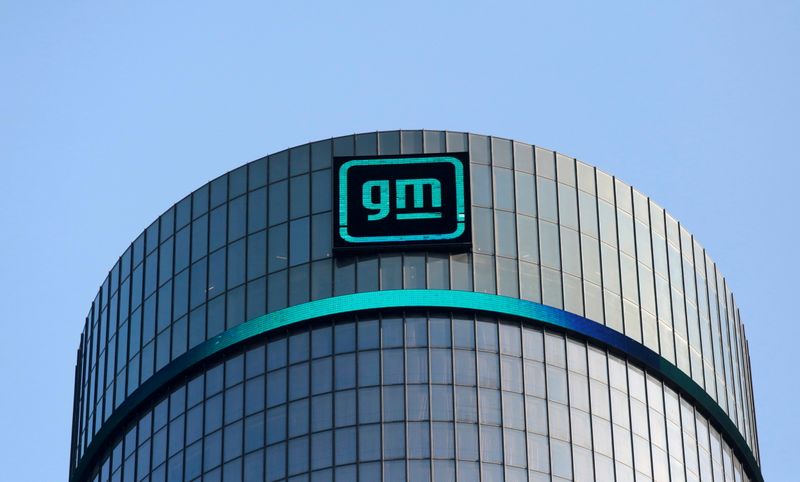This post was originally published on this site
https://i-invdn-com.investing.com/trkd-images/LYNXMPEI5K0TC_L.jpg
LOS ANGELES (Reuters) – FedEx Corp (NYSE:FDX) has 150 BrightDrop zero-emissions delivery trucks rolling on Los Angeles streets and highways as it transitions from electric vehicle testing to adoption.
The partnership with BrightDrop, an 18-month-old subsidiary of General Motors (NYSE:GM), advances FedEx toward its goal of making 100% of its pickup and delivery fleet vehicle purchases electric by 2030.
“You start off with a lot of science projects,” said Russ Musgrove, managing director of global vehicles for FedEx Express, which has a total of 2,500 BrightDrop trucks on order. That FedEx unit has been working on electric vehicle (EV) projects for a more than a decade.
FedEx Express, which has a global fleet of about 87,000 vehicles globally, did not say how many pickup and delivery trucks it buys each year. It suffered a setback last year with the failure of startup Chanje, which was to provide FedEx with 1,000 electric delivery trucks.
BrightDrop brought its ZEVO 600 step trucks to market in just 20 months – the fastest ever for a GM vehicle, BrightDrop executives told Reuters.
And now, FedEx is “moving from small demonstration projects … to scaling,” Musgrove said.
Local and national regulators are pressuring transportation companies to slash tailpipe pollution such as CO2, which traps heat in the atmosphere – contributing to weather pattern disruptions and other climate changes.
The U.S. transportation sector accounts for more than one-third of U.S. green-house gas emissions. Heavy- and medium-duty trucks that do everything from hauling freight to delivering e-commerce purchases account for less than 5% of the vehicles on the road but produce over 20% of sector emissions, according to the Department of Energy (DOE).
FedEx, United Parcel Service (NYSE:UPS), Amazon.com Inc (NASDAQ:AMZN) and Walmart (NYSE:WMT) Inc are among the companies leading
the charge toward EV fleets as battery technology has evolved to meet the needs of their routes that range from 10 to 50 miles per day.


